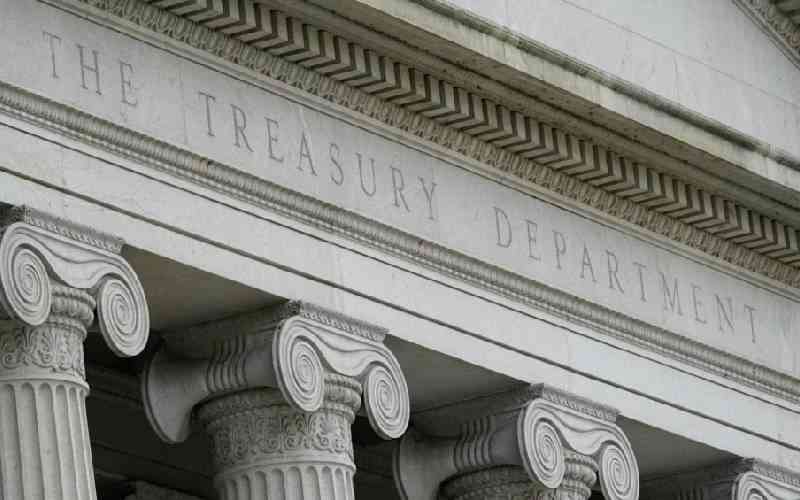×
The Standard e-Paper
Kenya’s Boldest Voice

With a government shutdown looming and a federal deficit that continues to climb, the bond rating firm Moody's on Friday lowered its outlook for U.S. Treasury debt to "negative" from "stable."
The change is a signal that Moody's, the only one of the three major credit ratings agencies that still considers U.S. debt worthy of its top rating, may soon apply a downgrade.